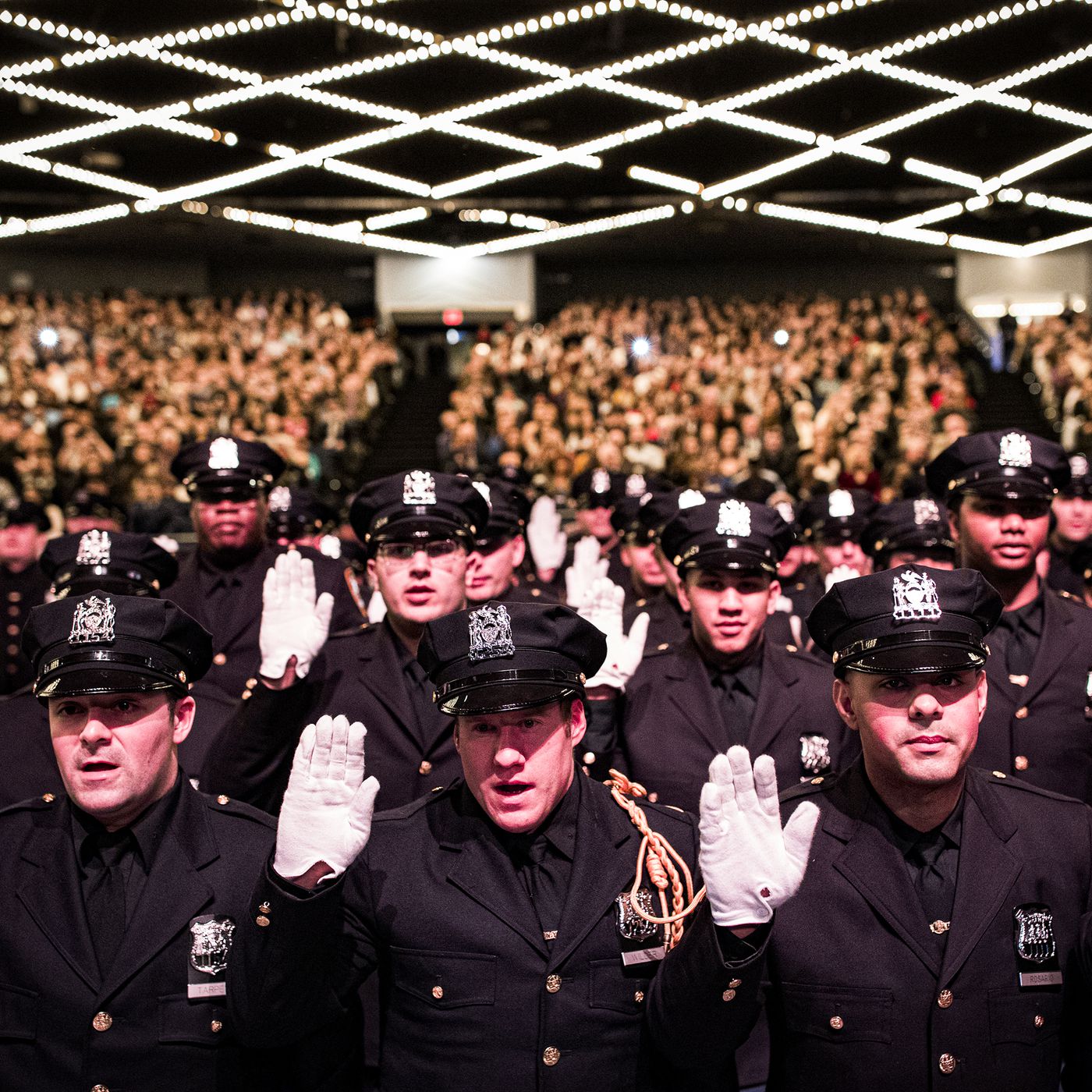A recent episode of Archer featured a dialogue between two FBI agents, both riding on jet skis, chasing a wrongdoer’s boat.
Agent One: Whoohoo! I love civil forfeiture.
Agent Two: [referring to jet skis] We got these from criminals?
Agent One: Fun fact. They don’t even have to be guilty for us to take their stuff.
Agent Two: That cannot be true.
Agent One: It is, though.
Agent Two: Whoo! Jet ski!
Not everyone knows about America’s civil justice system, but among those who do, I suspect many people find it troubling that civil forfeiture allows the cops to take your stuff without a trial.
In fact, I suspect that when most people understand the scope of civil forfeiture today, they find it frightening and outrageous.
What is less widely understood, in my view, is the way that civil forfeiture damages law enforcement itself. When law enforcement officers serve as revenue collectors—which, in practice, they regularly do—it creates terrible incentives by diverting law enforcement away from justice toward revenue collection.
That is why CEI published “Why Cops Should Be Chasing the Bad Guys, Not the Big Bucks,” a pseudonymous piece by a former prosecutor. In that essay, the prosecutor explains his gradual realization that he was participating in a system that, in some ways, was corrupt.
Here is a segment of the book that explains how he began to realize that he was complicit in a dangerous process:
I recall an instance in which I was called in for a prosecution in a quiet little town. The town consisted of a few thousand residents, but drug trafficking attracted an inordinate amount of police attention there—largely because a small stretch of interstate highway cuts through the town’s northern end, which raised the possibility of drug seizures.
The police had interdicted the driver of a shiny late-model Lexus with a load of dope and money in it. Everything about the stop screamed: “This guy is part of a major drug trafficking organization.” The defendant was obviously no criminal mastermind, just a mule hauling product from point A to point B. He was caught carrying tens of thousands of dollars in currency, plus tens of thousands of dollars’ worth of cocaine, though, so he was the only target we had. From a crime control perspective, the mission was obvious: We should have tried to get the defendant to roll on his boss, and then try to get the higher-up target to roll on his boss, and so forth. That would have required the cooperation of the mule: To do that, you squeeze him. If he’s not going to talk, he’s the highest value target. Under either scenario, the right call is to fully and fairly prosecute him.
But here’s what happened. An immaculately dressed lawyer entered an appearance at the court. I had never seen him before; he was not a regular member of this small bar. His proposal for a guilty plea involved forfeiture of the car, the cash, and the contraband—plus a generous “contribution.” In hindsight, the lawyer’s goal was clear: to get his client out of jail as soon as possible, and above all else, to ensure that his client felt no pressure to cooperate with any prosecutorial interviews or investigations. To state the obvious, that lawyer’s central goal—no jail time for the client—was inconsistent with what one might think our central goal should have been: the preservation of a source of information for future investigations.
Whenever I negotiated significant plea deals, I was careful to take the preferences of the arresting officers into account—they were my colleagues and I worked with them daily. The officers in this case strongly endorsed accepting the defense lawyer’s offer. Much later, when I had gained more perspective on the job, I realized how anomalous it was that the arresting officers, who typically advocate maximum punishment, were eager to accept fines over jail time. I now think it would have been better for our office if we had, at the very least, looked at the officers’ recommendations more critically than we did.
In retrospect, I regret that we accepted this outcome. The mule got an easy way out. In my opinion, here is what was likely going on: A drug organization succeeded in derailing a potentially valuable investigation simply by dangling the tantalizing prospect of cash in front of law enforcement personnel who were excited about what that cash contribution could do for their budget. Once we accepted the offer, whoever the higher-up was in the criminal organization never had to worry about the prospect of his underling facing a difficult choice. Because we had our eye on his cash, the drug courier never had to choose between accepting heavy punishment or rolling over on his boss. There is no question that my inexperience factored into this situation; there is no way I would have accepted this outcome as a more mature prosecutor. But at that point, no one had ever explained why I should be wary of such arrangements. Eventually, I ended up figuring it out myself—but as the great speculative fiction author Harlan Ellison once wrote, it’s easy to be smart, later.
Sadly, there was nothing unusual about a plea agreement of this sort. A fish doesn’t spend a lot of time thinking about what life would be like out of water. The cops I worked with were good guys, and I certainly wanted to support their efforts to have the resources they need to perform. It was just understood that it was part of the job for the Drug Task Force to take in fines and revenues.
I hope you’ll enjoy reading “Why Cops Should Be Chasing the Bad Guys, Not the Big Bucks.”



